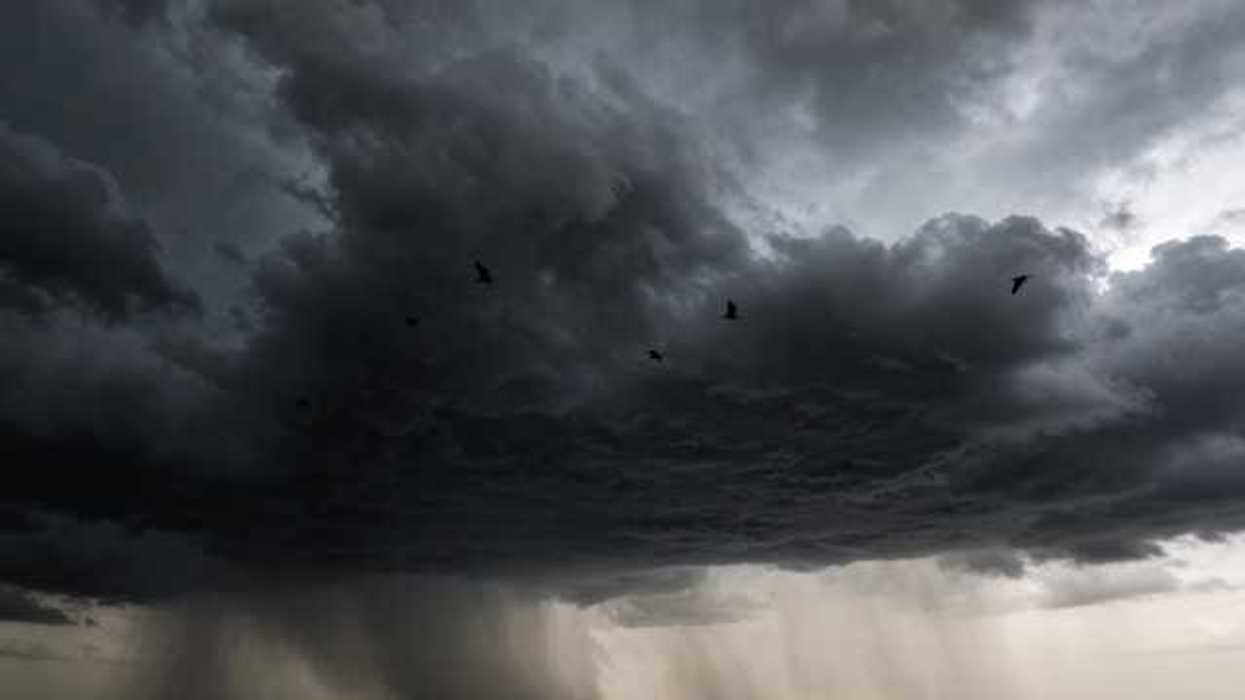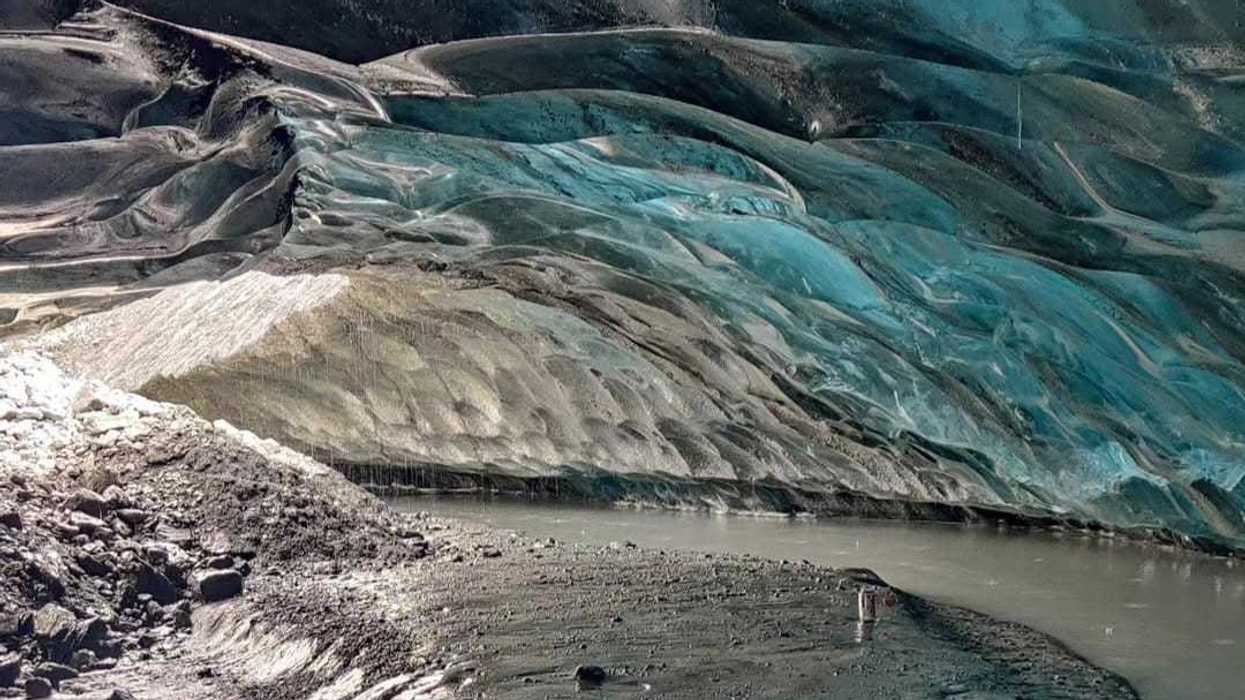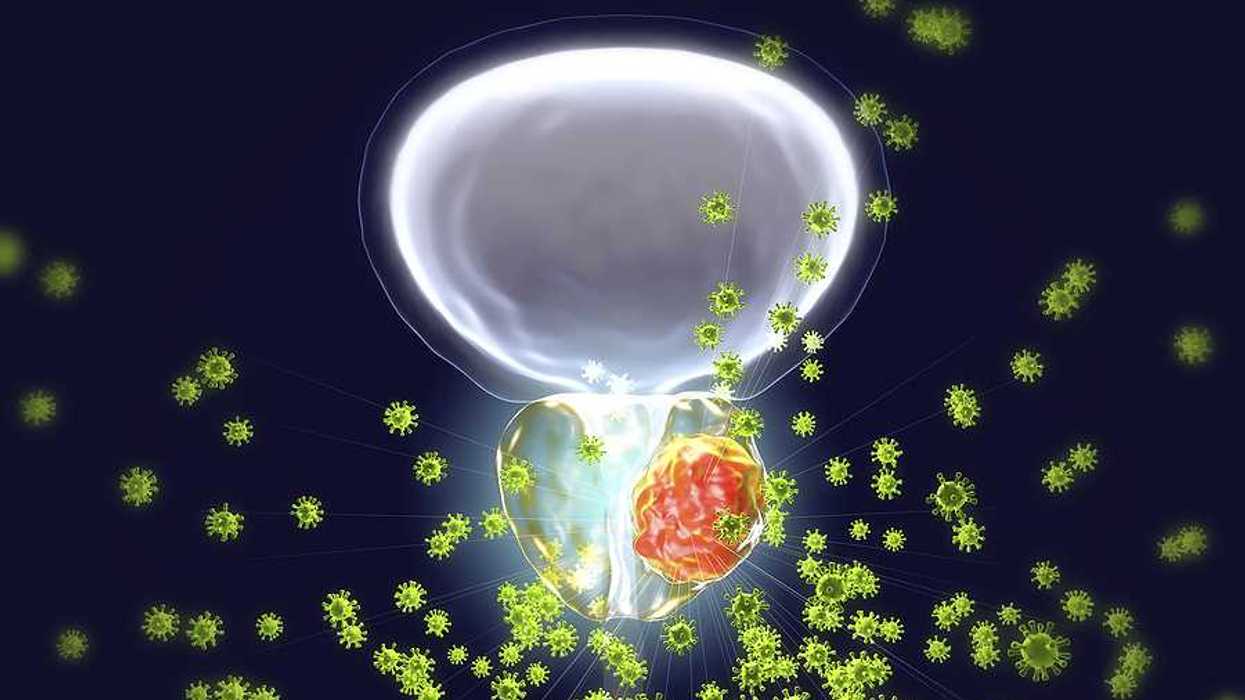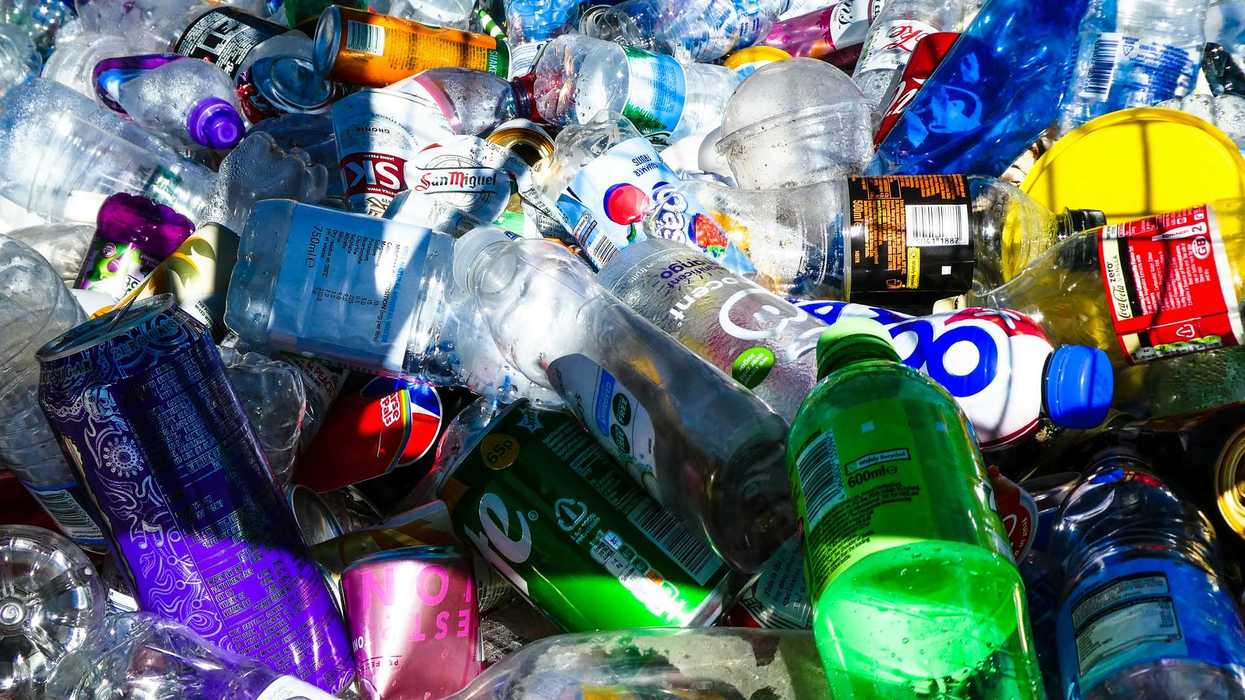Human-driven warming has pushed multiple Earth systems dangerously close to irreversible tipping points, but social and technological momentum could still steer the planet toward recovery.
Jonathan Watts reports for The Guardian.
In short:
- Timothy Lenton, a leading climate systems scientist, says critical Earth systems like the West Antarctic and Greenland ice sheets, permafrost, and Atlantic Ocean circulation are nearing — or may have already passed — irreversible thresholds.
- A 2008 map of climate tipping elements has expanded with new risks; Lenton says the more scientists study the issue, the closer these thresholds appear, warning that past assessments were too optimistic.
- Despite the worsening outlook, Lenton sees potential in "positive tipping points" in renewable energy, electric vehicles, and community-led conservation efforts that can drive cascading change across sectors.
Key quote:
“It's like running faster into a sea that is rising to drown us.”
— Timothy Lenton, professor of climate change and Earth system science at the University of Exeter
Why this matters:
Tipping points mark moments when slow environmental shifts flip into rapid, often irreversible change — melting ice sheets, collapsing ocean currents, or rainforest diebacks. These events can trigger global consequences, from rising seas to agricultural collapse. The Atlantic meridional overturning circulation, for instance, helps regulate global climate; its breakdown would disrupt rainfall patterns across Africa, South Asia, and the Americas, endangering food and water supplies for billions. Such interconnected risks challenge traditional models of gradual climate impact and raise urgent questions about resilience and adaptation. Recognizing the compounding effects of these feedback loops is vital to understanding not just future climate scenarios, but our current trajectory.
Learn more: Scientists warn of irreversible climate tipping points














